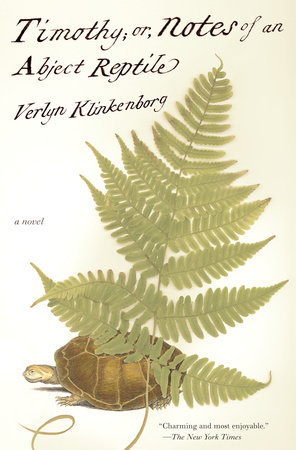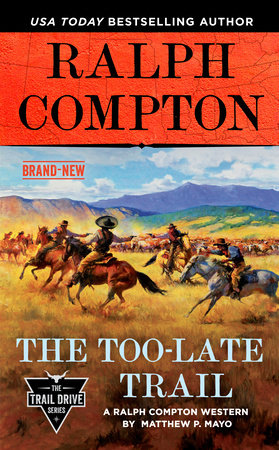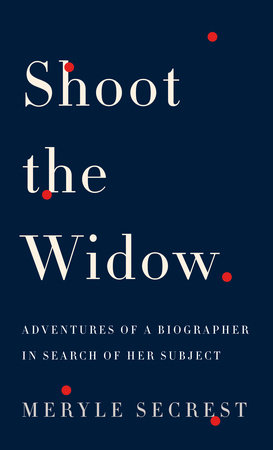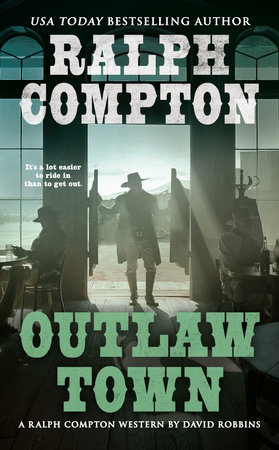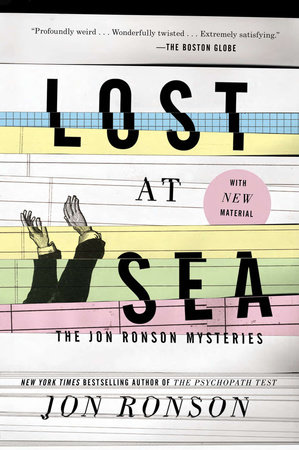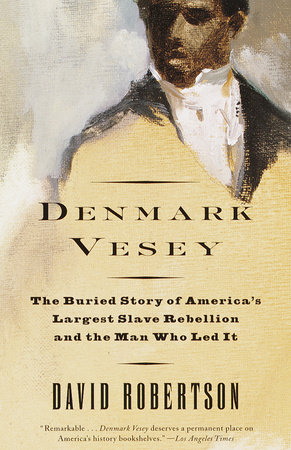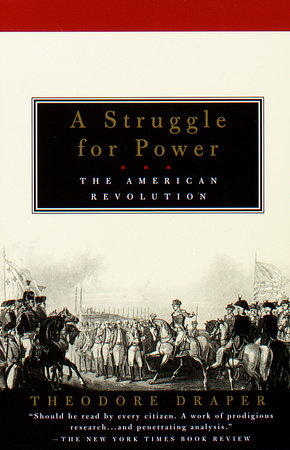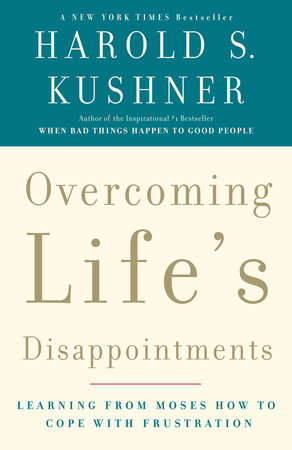Author Q&A
A Conversation with Verlyn KlinkenborgQ: How did you stumble upon Timothy and Mr. Gilbert White’s journals?A: I’ve known about Gilbert White’s major work—The Natural History of Selborne—since I was a graduate student in English Literature at Princeton University. But I read White’s journals—some of the finest and most observant prose written in the 18th century—all the way through for the first time only a few years ago. Though the journals are not well known, The Natural History of Selborne has gone through many dozens of editions and has been a favorite of readers who love nature—and good writing—ever since it was first published in 1789.Q: How are humans separate from the rest of nature?A: They’re not separate at all, not in any way. Humans are animals and are subject to the fundamental environmental and population constraints that all other species on this planet are subject to. What sets us apart is that we love to believe we’re not subject to those constraints.Q: How did you decide to write the book from Timothy’s point of view?A: It popped into my head. I was reading White’s journals four winters ago, and I was struck by how carefully he watched Timothy. I thought to myself, it would be interesting to write a book in which the tortoise watches the natural historian. I wrote that thought down, and it seemed like such a good idea that I wrote next to it: Do this!Q: Animal consciousness can be a controversial topic – how did you approach that in the book? How did you decide upon Timothy’s extremely high level of intelligence?A: I’ve noticed that science is constantly discovering that animals are smarter than we think they are. I don’t recall ever seeing a study that said, for instance, that animals are stupider than we think they are. Perhaps that suggests that we’ve always underestimated them—or perhaps that we’ve always overestimated ourselves. As for Timothy’s intelligence, I decided that the reader has already crossed that threshold the moment he or she accepts that this is a book in which a tortoise is talking. Once the reader accepts that, it’s no harder to accept a highly intelligent tortoise than it would be to accept one that isn’t half as bright. I think a reader has vastly more to learn from a Timothy who can see around the corners of human behavior than from one who can’t. Besides, Gilbert White once wrote a letter in which he tried to speak in Timothy’s voice, and he too assumed that Timothy would be a highly intelligent creature.Q: What is known about Timothy after Mr. White’s death?A: Very little. Timothy is said to have died in the spring of 1794, but that is all that is said. I suspect the tortoise was found dead when spring returned to Selborne. But the shell was preserved and it can now be seen in the Natural History Museum in London.Q: How does Timothy feel about Mr. Gilbert White? How does Mr. White relate to nature?A: What Timothy hints at several times in this book but never quite says aloud is this—though the tortoise watches Gilbert White closely and judges his behavior, he is by far the most tolerant, the most understanding of humans when it comes to nature and the lives of the animals around him. His science may seem intrusive, clumsy, and, at times, downright destructive. But it is the basis for a feeling for nature, in him, that is surprisingly rich. These are feelings that Timothy takes for granted, a sense of kinship that comes naturally. Mr. White has to work at it over the years to acquire that sensitivity to the natural world. He has to rationalize it before he can really feel it. But there were very few men or women in England in the 18th century who could match his feel for the subtleties of the natural world around him. That’s why The Natural History of Selborne is such a beloved book.A Conversation with Timothy, narrator of Timothy; or, Notes of an Abject ReptileQ: You say that it took you “many months among them to trust that humans could keep from falling over.” What other human qualities and behaviors are you unsure of, and why?A: Talk. Talk. Talk. Talk. What does it mean? The buzzing of the human hive. Every other word lost in the droning. Stunning inattention to the world around them. Alert only to each other. Ear always pricked for the sound of a human voice. Also the puzzle of self-doubt. Each one disagreeing with himself. As if the mirror were talking back to him. No animal is plagued in that way. Lice, yes. Fleas, yes. Worms, yes. The humans have all of these. And they have doubt nagging at them like an empty stomach. It is a wonder the race has prospered at all. The merest wren has more confidence.Q: You say you have two “tricks”: longevity; and going underground each autumn and coming up again each spring. Do you have other tricks that humans just cannot see?A: Tricks. Qualities that catch the human eye. Attributes that make them wonder. They marvel at my age. Fail to marvel at my youth. Struck by my hibernation. But they take the architecture of my shell for granted. If only they knew how commodious it was. How wellframed it is to my ambition. If only they understood the profundity of my self-reliance, how it is anchored by my carapace. But here, in the garden’s ease, they misjudge me. The shell, an appurtenance, the sign of my being. They have no sense how suited I am to the life I was born into.Q: You say, “Each creature judges the condition of others and finds all but its own imperfect.”What does Mr. White observe about you in his journals that makes you shake your head in disbelief?A: Unceasing attention to diet. To rising and setting, sleeping and walking. As if a tortoise were nothing but a nest of appetites. A machine for propelling those appetites from place to place. I sound, in his pages, as though I were a sort of solitary cow who got separated from the herd. Utterly domesticated. Never a thought for my wildness. Never a thought for the place of my wildness.Q: What are Mr. White’s limitations as a human?A: The better question? What are his limitations as a tortoise? For a human, he is all that he could be. More than most humans manage to be. But as a tortoise? Hopeless. Limbs and head always exposed. Wakeful every winter. Desperate cravings of his overheated blood. Inability to warm himself with the heat of the earth. Preposterous longing for a life beyond this one. The resulting inability to make this one count the way it should.
